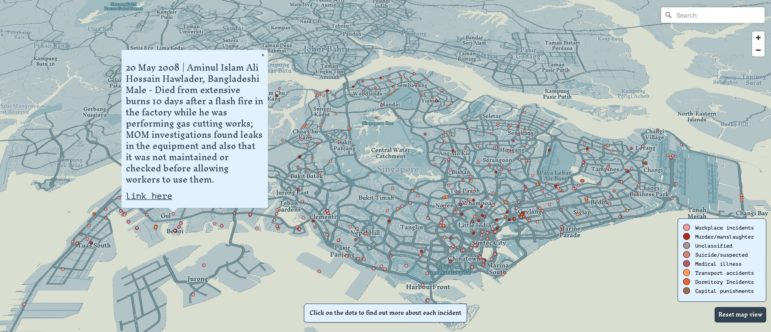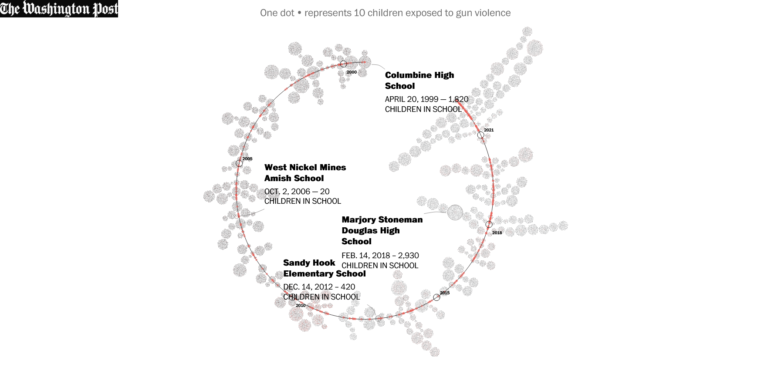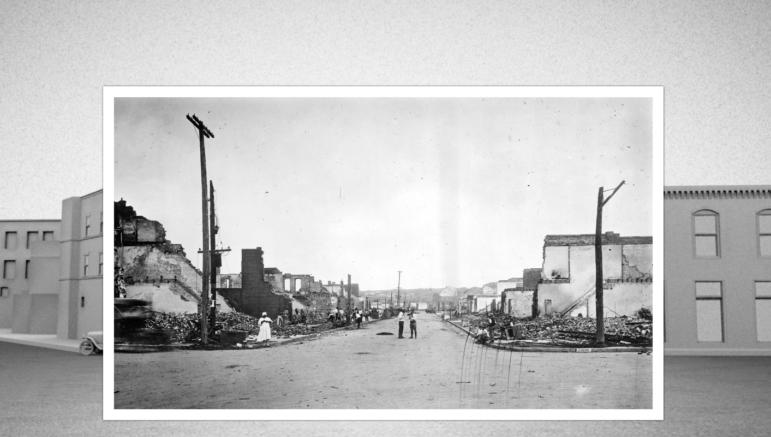
Data Journalism Data Journalism Top 10
Data Journalism Top 10: Migrant Deaths, Alps Skiing, Ukraine’s Outages, Deadly Deer
Our weekly NodeXL and human curation of the most popular data journalism stories looks at mapping migrant deaths in Singapore, tracking Russian airstrikes and Ukraine power outages, “authorized deforestation” in Mali and Côte D’Ivoire, and analysis of the best value when skiing in Switzerland.






